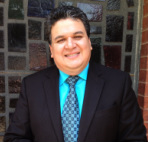Adoration
- Prelude
- Psalm – Psalm 14
- “Joyful, Joyful, We Adore Thee” #23
- Welcome and Invocation Pastor Matt Jackson
- New Testament – Ephesians 3:14-21
- “Ye Servants of God” #358
- “What Grace Is Mine” #376
- Gospel – John 6:1-21
- Pastoral Prayer Pastor Mike Holt
- “For the Beauty of the Earth” Liz Kidd
- Sermon Pastor Hunter Hawkins
- “All I Have Is Christ” #389
- Benediction
- “Heaven Came Down” Worship Hymn

 RSS Feed
RSS Feed